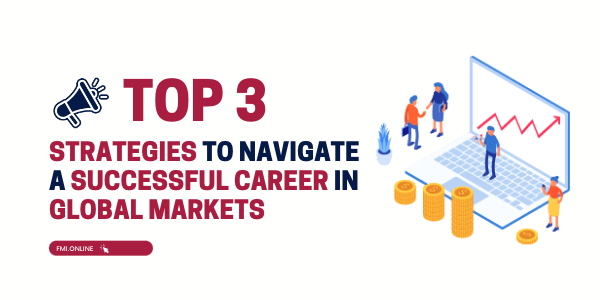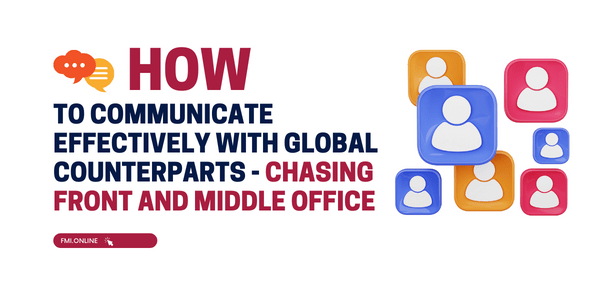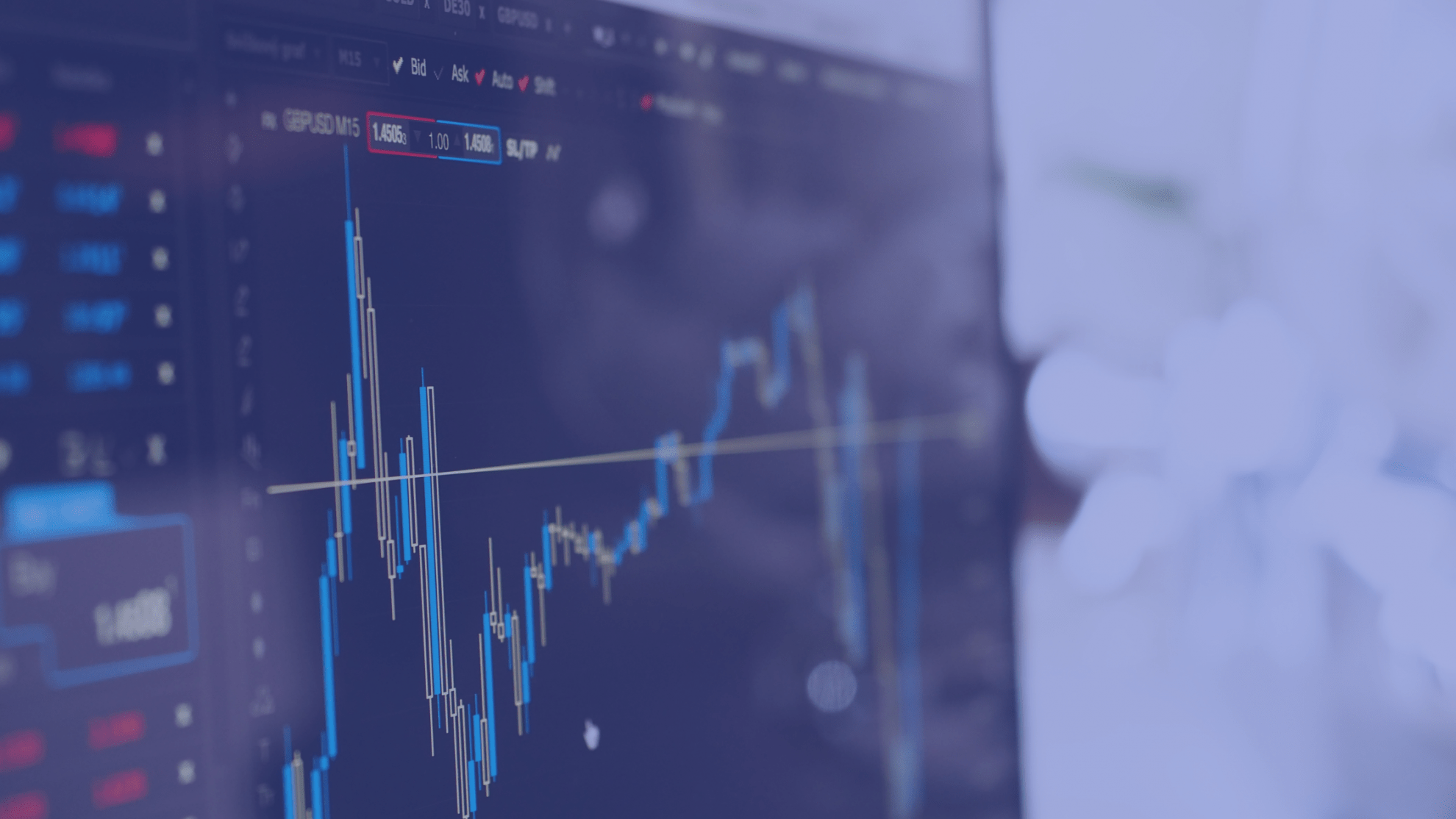‘Delta one’ sounds like a military command straight from a movie. Delta one desks are a core division within the global markets division of many investment banks. Despite the focus of banks to reduce exposure to derivative products, there are signs that the Delta One desks are playing a more prominent role than ever before amid the heavy regulatory environment.
In this white paper, we will explore the background of delta one desks, who their clients are, the products offered, why clients need these products, and finally, the recent market developments in this space.
Background
The delta one desk isn’t categorized traditionally like other divisions within global markets. Most trading desks are classified by the products they cover, such as ‘cash equities’ or ‘the options desk.’ However, the delta one desk covers products that range from total return swaps, ETFs, futures, forwards, and certificates. They may even trade combinations of warrants and options. The takeaway here is that they sell products that describe the type of exposure the client will receive.
To understand what the ‘type of exposure’ means, we must recognize the difference between delta one and non-delta one products.
Non-Delta One products
The word ‘delta’ comes from the language of risk measurement for derivatives. Derivatives derive (or base) their prices from some underlying asset (such as a stock, bond, or commodity). As the price of these underlying assets changes (for example, FaceBook stock), the derivative’s price will also move. The proportion in relation to the other will depend on what type of derivative product this is.
A non-delta one product, such as an option contract, has a non-linear pay-off, which means price changes are disproportionate to the underlying asset due to its asymmetric pay-off. For example, if the FaceBook stock goes up by 1%, the call option premium might change by 0.5% in value.
The delta-one desk does not trade derivatives with optionality.
Delta One products
Total return swaps, forwards, futures, ETFs, and certificates (such as contracts for difference) aim to replicate the underlying asset’s movements as closely as possible. Hence, they have a delta (or very close) of one. The pay-offs are linear, unlike an option. Here’s a quick rundown of the major products in this space:
- A total return swap: Replicates the exposure of an underlying asset through a swap structure. For example, you receive the dividend and capital gains from a Microsoft stock while paying out interest (i.e., LIBOR + spread). Another way to look at this is you are essentially taking out a loan to finance your position in the stock.
- Forwards and futures: Allows you to lock in a price now for delivery or settlement sometime in the future. The difference between the two products are that forwards are traded OTC, and futures are traded on an exchange.
- ETFs: A passive fund that replicates the returns of a benchmark, index, or asset.
Having the context of these products should give you a better idea of why clients require these products.
Clients of Delta One Desks
Now that we recognize the type of products delta one desk offer, we will need to ask ourselves: 1. why is there demand these products? 2. Why don’t they buy the underlying in the cash markets? 3. Who are these clients?
Expensive
To answer the first question, we need to recognize that trading in the cash markets can be expensive; commissions and spreads can be much higher when transacting an equivalent amount than a future, for example. Your initial cash outflow can also be much higher, as you have to purchase the entire lot in cash. In contrast, derivatives such as a future are leveraged, which only require a margin to be posted.
Hard to replicate
On the second question, entering into the cash markets can prove to be complicated. Such as trading indices or a basket of securities, which is hard to replicate. Imagine equity index products, and say you wanted to create a sub-set of the S&P 500 index. You will have to buy all the underlying securities of the index you want to create, in their respective weights, while making sure the composition is up to date over time due to changes in corporate actions. Or you can enter into a total return swap that replicates this position without much hassle and for lower transaction costs.
Another note here is that sometimes participants can’t enter into specific regional markets. In these cases, they may utilize delta one products to gain exposure to these markets.
Cumbersome
A process such as shorting can also be cumbersome. Investors need to finance the position (maybe post collateral), find the available stock to borrow, sell the stock today, repurchase it in the future, and return it to the lender. In contrast, you can short a delta one derivative that has the same exposure without much pain in having to execute all the steps above.
Who are these clients?
Clients of delta one desks are diverse, ranging from asset managers, hedge funds, insurance companies, family offices, and even sovereign wealth funds. These clients come to the delta one desk for precisely the reasons above, the products are convenient for hedging, gaining exposure to specific markets, or for leveraged speculation in particular assets. Easy access and cheaper execution costs are also one of the main selling points.
Working on the Delta One Desk
Working as a trader on the delta one desk is a role that interests many people. What skills are necessary?
Proficiency in mathematics or financial engineering is a basic expectation, with any Excel and VBA highly regarded. Roles on this desk are very heavily geared towards being quantitative, so statistical and portfolio optimization knowledge is often required.
Like any trading role, any past trading experience will certainly get you noticed. However, if you’ve also had experience in the pricing of derivatives or risk management, you probably have transferrable skills highly regarded by recruiters into the delta one desk.
An exciting aspect of working on the delta one desk is that while it is very quantitative, you will still need strong written and verbal communication skills to convey ideas behind complex research clearly and precisely to internal stakeholders and external clients.










 60+ hours
60+ hours 9 courses
9 courses



